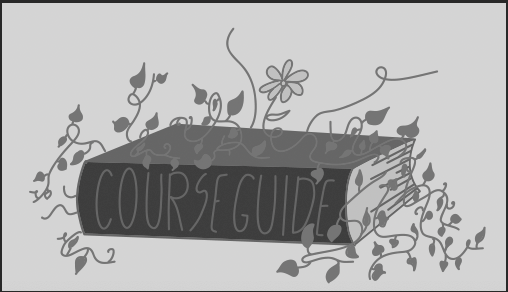Ryan Lochte’s eyes dart side to side as he attempts to form an earnest apology during his NBC interview.
After shedding a few tears, the American competitive swimmer and 12-time Olympic medalist retold his story, only this time he spoke the truth.
“I just want to say I am truly, 110 percent sorry,” he said.
With the loss of all four of major sponsors and subsequently millions of dollars, who wouldn’t be 110 percent sorry?
Kicking in a door, urinating around the room and breaking a soap dispenser on any other day may not have become an international ordeal.
The fact is that Lochte decided to be an idiot during the three weeks the entire world was watching him.
Yes, his behavior was immature and illegal. But were his and his fellow teammates’ actions a reflection of true criminal intent? Or is this an example of reckless behavior in the wrong place at the wrong time? What we can say for sure is this serves as a warning for us all.
These reckless decisions are made when we fail to anticipate the consequences of our actions.
Throughout adolescence, the frontal cortex of the human brain is still developing, including a small section of the brain that determines how we make our decisions.
We can conclude that at age 32, Lochte failed to use better judgement. However, as teenagers and young adults we are at a decision-making disadvantage.
Though our brains do each of us a disservice, we cannot excuse ourselves just because we don’t control the growth of our hippocampus. We must learn self-discipline and control in order to surpass our biological shortcomings.
Just like Lochte’s impulsive nature when vandalizing the bathroom, our fear and impulsive nature can lead us to make life-changing decisions without considering the consequences.
The Olympic swimmers found themselves drowning in a pool of lies and deceit, unable to escape their fate, regardless of whether they deserved it or not.
We must make the decision to tell the truth and avoid diving head first into our own ruin.
As students, we are faced with difficult decisions on a daily basis. Whether we are using Sparknotes to write essays or driving home after drinking at a party, it is imperative we learn to make the right decisions despite the appeal of the wrong ones.
We need to consider our suspension-free school record and dismiss our friends asking for answers. Think of the lives we spare, including our own, by calling a car after a party.
And when we do make bad decisions, coming forward with the truth will help us to see that the cover-up is almost always more detrimental than the crime. The real challenge is how we react to the results of our poor judgement.
Recognizing that the lie is always bigger than the mistake will save us stress, pain and – in Lochte’s case – possibly millions of dollars worth of sponsors.
We must learn to overcome mental immaturity and consider that our actions affect others.
In the words of Lochte himself in his NBC interview, “If I didn’t do that, we wouldn’t be in this mess. None of this would’ve happened. It was my immature behavior.”





































